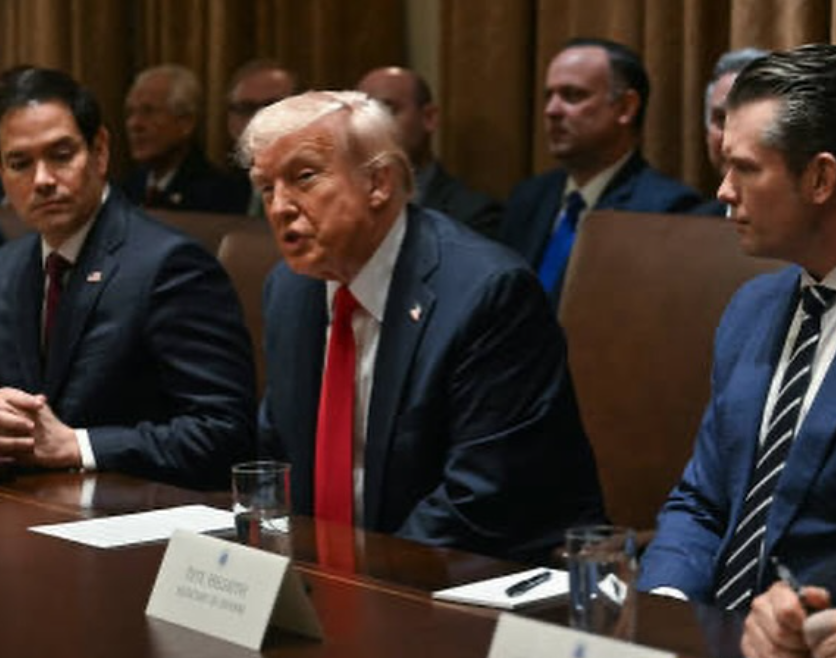[ad_1]
LONDON (Reuters) – The chances of Britain eventually exiting the European Union in a disorderly manner have eased a bit, according to a Reuters poll of economic forecasters, who still say a free trade deal, even if there is a transition period, is the most likely outcome.
The median probability of no deal in the poll taken Aug 29-31 was 25 percent, down from 30 percent in a survey six weeks ago. In the meantime, UK economic growth is forecast to keep slowing despite an upturn in the broader world economy.
However, economists also say regardless of whether or not a transition deal is agreed, leaving with no agreement – meaning the UK would have to trade with the EU under basic World Trade Organisation rules – is the second-most likely outcome.
Third is European Economic Area membership, which would allow the UK continued full access to the EU Single Market that it was so instrumental in helping to shape. But it would exclude Britain from having any more say in shaping it.
Remaining in the EU, which would mean overriding the June 23, 2016 Brexit vote, was the fourth most likely outcome.
“We apply a 50 percent weight to no deal being reached by the end of March 2019, but rather than a disorderly exit, we expect the process to be fudged in some way, for example a prolonged transition period,” notes Joanna Davies, a senior economist at Fathom, underscoring the high level of uncertainty.
Davies is the only economist in the panel who is forecasting a mild UK recession to take place this year. She gave a 20 percent probability of a disorderly Brexit in the poll, where other responses ranged from just 5 percent to 75 percent.
Philip Shaw, chief economist at Investec, also gave just a one-in-five chance of a disorderly “no deal” Brexit.
“While it is logistically impossible to agree an entire deal by March 2019, both sides generally seem to be in favor of a transition arrangement, or phased implementation. It would take a catastrophic breakdown in communications for one side to walk away from the table,” Shaw noted.
The survey results provide some rough guidance on the prevailing thinking among economic forecasters on the UK just as negotiations between the British and EU delegations appear to have hit their roughest patch.
Ahead of the EU membership referendum, economists were almost completely united – an extremely rare occurrence in a profession well-known for diverging views – saying that staying in the EU was the best choice for Britain’s economic prospects.
Initial consensus forecasts for a mild recession following the vote, based on the assumption that Britain would formally declare its intention to leave straight away as then-Prime Minister David Cameron had promised to do, were off the mark.
But before and since his successor Theresa May signed the Article 50 declaration to withdraw in late March, economists have called many of the near-term consequences of the Brexit vote broadly correct, including soaring imported inflation from a tumbling pound, and the current consumer spending slowdown.
While officials, including the Bank of England, have clung to a view exports and investment will rise and make up for this, economists have been more pessimistic, warning that uncertainty will force companies to delay spending decisions.
That call is also proving to be broadly correct, both in the official data and survey evidence.
Forecasters in the Reuters poll are sticking to their view that economic growth will be just 1.6 percent this year and 1.3 percent next, in contrast to the Bank of England’s view, which started the year at 2.0 percent and has since been chopped.
The Reuters consensus for 2018 growth has been in a steady range of 1.2-1.5 percent every month since July 2016, the month after the Brexit vote. Prior to that, it was 2.3 percent, showing just how consistent economists have been since.
Most are also convinced that the BoE will not raise interest rates between now and when the Article 50 notification period expires. Only 14 of 59 economists expect one or more rate rises by end-2018.
Only two of the eight Monetary Policy Committee members voted for a rate rise in August, including ex-Citi economist Michael Saunders, who in a Thursday speech again argued the case for raising rates, saying the economy is likely to be “not too bad” in coming quarters. [nL8N1LH2FW]
Polling by Anisha Sheth and Mumal Rathore; Analysis by Sarmista Sen and Rahul Karunakar; Editing by Toby Chopra
[ad_2]
Source link






Leave a Reply